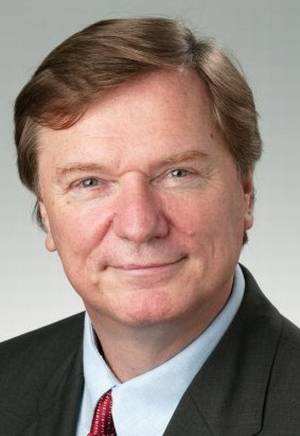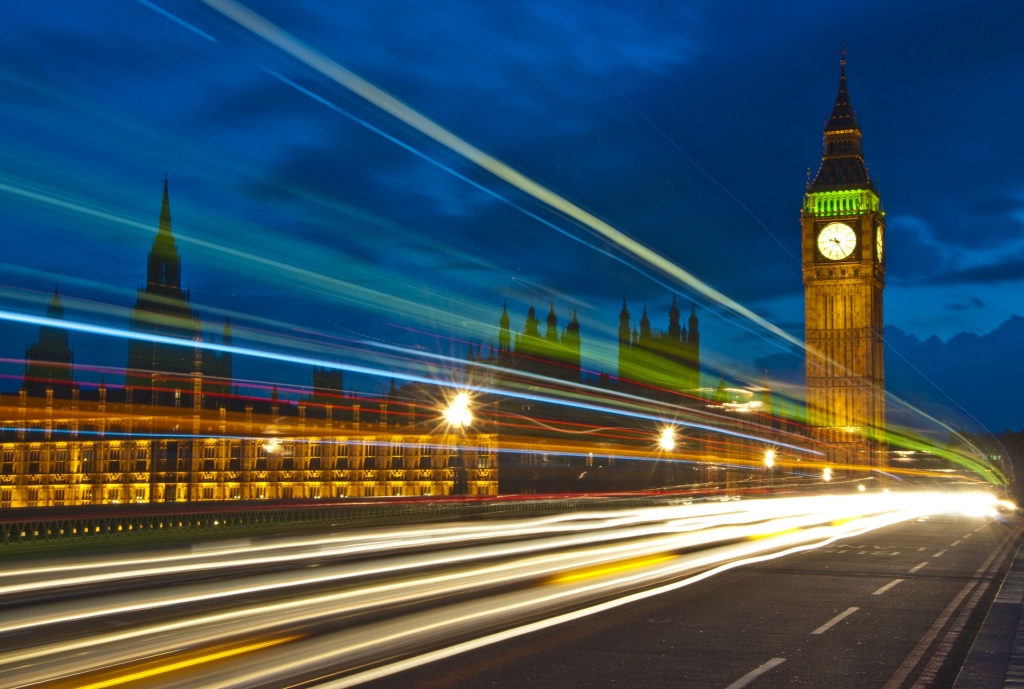
 Government runs roughshod over Parliament, as the 2017 election demonstrates. But the Fixed-term Parliaments Act remains on the statute book. Graham Allen and Andrew Blick explain what improvements can be made to the law and the democratic motivations behind them.
Government runs roughshod over Parliament, as the 2017 election demonstrates. But the Fixed-term Parliaments Act remains on the statute book. Graham Allen and Andrew Blick explain what improvements can be made to the law and the democratic motivations behind them.
Whether one extracts pleasure, dismay or bewilderment from the result of the recent General Election, certain observations are clear. While the early poll triggered by Theresa May – with the compliance of an overwhelming majority in the House of Commons – was intended to attain greater political stability, it has achieved precisely the opposite. Doubts over what type of exit from the European Union the government can and will attempt to achieve have intensified. The authority of the Prime Minister in the country and within her own party is considerably diminished. Her security of tenure at No.10 is compromised.
In the House of Commons, whatever the leaders of both the main parties may claim, they both lost on 8 June, though the Labour Party certainly outperformed most prior expectations by a wide margin. The closest equivalent to a winner was the Democratic Unionist Party (DUP). The UK parliamentary electoral system is sometimes likened to a lottery, thanks to which the DUP seems set to secure a large payout. But while the party is unlikely to break with such a lucrative arrangement over the next two years at least, DUP support for the continued existence of a minority Conservative government is not sufficient to guarantee a stable administration (aside from the complications it raises for the Northern Ireland peace process). Maintaining the confidence of the Commons is not synonymous with winning every vote. On certain issues, some of which are hard to predict, rebellions on the government side could connect with MPs elsewhere in the Commons and leave the government vulnerable to defeat. Fear of such reversals is likely to afflict Whitehall and lead to constant second-guessing and at times paralysis.
It could be that May’s punishment for her disastrous error over the election will be to continue to preside over an exceptionally weak government, consumed by Brexit negotiations in Europe and their legislative and political consequences at home, and unable effectively to pursue any other policy agenda – all in the knowledge that once she is seen as having outlived her usefulness as a scapegoat she will unceremoniously be dispensed with. This observation leads to a consideration of how this episode of self-harm by May and wider collateral damage to the stability of the political system came about.
From a constitutional perspective, the answer is the failure of the Fixed-term Parliaments Act 2011 to deliver on one of its main stated purposes. This admirable objective was to reduce the discretion possessed by the Prime Minister in being able to determine the date of general elections. A chief objection to the old system, whereby the premier requested a Dissolution from the monarch, was that it provided an unfair advantage to the incumbent at No.10. Advocates of the Act argued that it would redress this imbalance in constitutional power, creating a more regular electoral timetable no longer subject to the arbitrary authority of the Prime Minister. Early polls would be subject to defined Commons approval. They could only take place if at least two thirds of MPs were in agreement, or if a specially worded ‘no confidence’ vote was passed on a simple majority and not reversed (again by a simple majority) within two weeks.
However, these safeguards were not sufficient to prevent the Prime Minister from securing the 2017 General Election. On 19 April, the two-thirds majority she required in the Commons was easily achieved. May was able to obtain support from Opposition MPs not because they thought a General Election was needed or because they relished the battle, but because of a fear of being seen to avoid the challenge.A fleet-footed opposition could have had a contingency for thinking outside of the media box. An agreement to a General Election could have been linked to time for proper parliamentary and public discussion on a date of the Opposition’s choosing, perhaps July 2017, or maybe even May 2020.
Labour MPs had no prepared alternative. They did not know how well their party ultimately would perform, and largely voted for the early election despite their view of the likely outcome. This occasion served to undermine the idea that the Fixed-term Parliaments Act was a means of protecting the integrity of the democratic system against prime-ministerial manipulation. Yet in the light of the result of June 2017, while the view that the Act is flawed in this respect remains valid, it would be hard to depict the Prime Minister as having been a beneficiary of this defect. The ability of the premier to behave arbitrarily has not only created instability in the political system, it has undermined the position of the individual who deploys this power.
 Image credit: Pixabay/Public Domain.
Image credit: Pixabay/Public Domain.
The 2017 Conservative manifesto committed to repealing the Act, without explaining why. Before the election, the Party’s objections to this statute might have rested in the idea that it entailed an inappropriate impediment to the triggering of polls. Now the Party might be advised to find fault in the Act for the opposite reason: that it did not prevent a disastrous General Election from taking place. Assuming repeal of the legislation is not an immediate priority for the government, it may wish to take advantage of an opportunity to alter the Act in a way that takes account of its recent unfortunate experience.
Section seven of the Act itself provides for a review of its operation to be conducted in the second half of 2020. This process could provide the occasion not for repeal of the legislation, but amendment to bring it into line with its original intention. In the light of the 2017 experience, governments for a time might have a strong aversion to early elections.
But there is nonetheless value in ensuring the long-term viability of regulation of the electoral cycle. The most likely means of ensuring that early elections take place only when there is a pressing need beyond political opportunism is to reduce the potential gains they will deliver. At present, a party that wins a snap General Election can obtain a full term of office – potentially a significant prize, especially given that the length of a Parliament is set at five years, relatively long in international comparison.
Robert Blackburn has proposed that, rather than resetting the electoral countdown to five years, the following election should take place on the already scheduled date. In other words, the next poll would be due in May 2020. Perhaps even this incentive-reduction would not have been sufficient to prevent May from succumbing in April 2017 to the temptation of a possible three-figure Commons majority, which she believed she might obtain. But it would have changed the nature of the calculation she made. If properly modified, the Act could then prove more capable of protecting electors from arbitrary changes; protecting the electoral cycle; and protecting prime ministers from themselves. All parties should now put forward their ideas on the Fixed-term Parliaments Act, so that sensible non-partisan improvements can be made.
______
 Graham Allen is a Labour Party politician, who was the MP for Nottingham North between 1987 and 2017. He was Chair of the Political and Constitutional Affairs Select Committee between 2010 and 2015.
Graham Allen is a Labour Party politician, who was the MP for Nottingham North between 1987 and 2017. He was Chair of the Political and Constitutional Affairs Select Committee between 2010 and 2015.
 Andrew Blick is Lecturer in Politics and Contemporary History, King’s College London.
Andrew Blick is Lecturer in Politics and Contemporary History, King’s College London.








“An agreement to a General Election could have been linked to time for proper parliamentary and public discussion on a date of the Opposition’s choosing, perhaps July 2017, or maybe even May 2020.”
I do not understand what this sentence at the end of the fifth paragraph means.